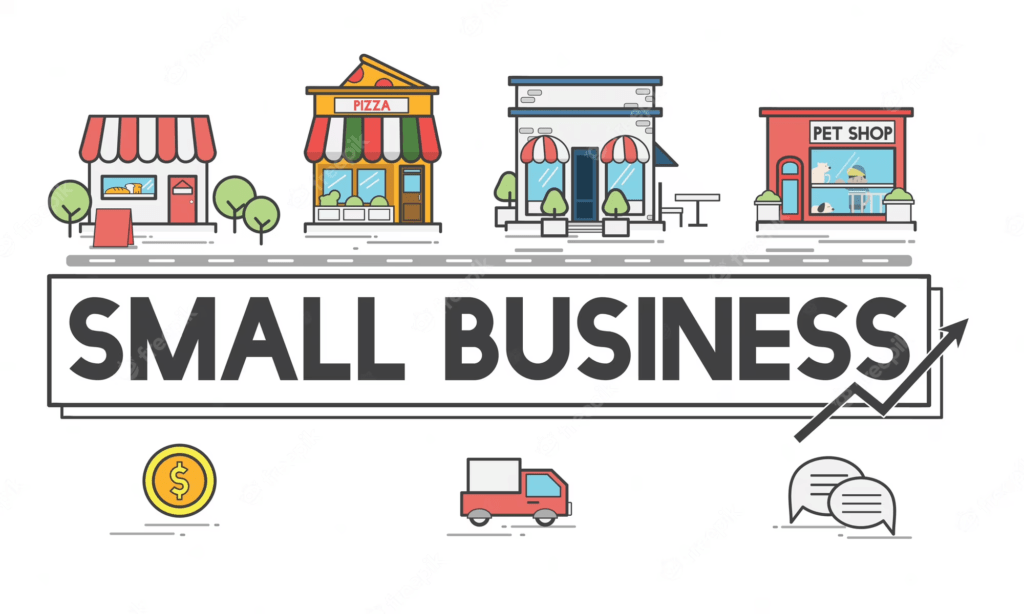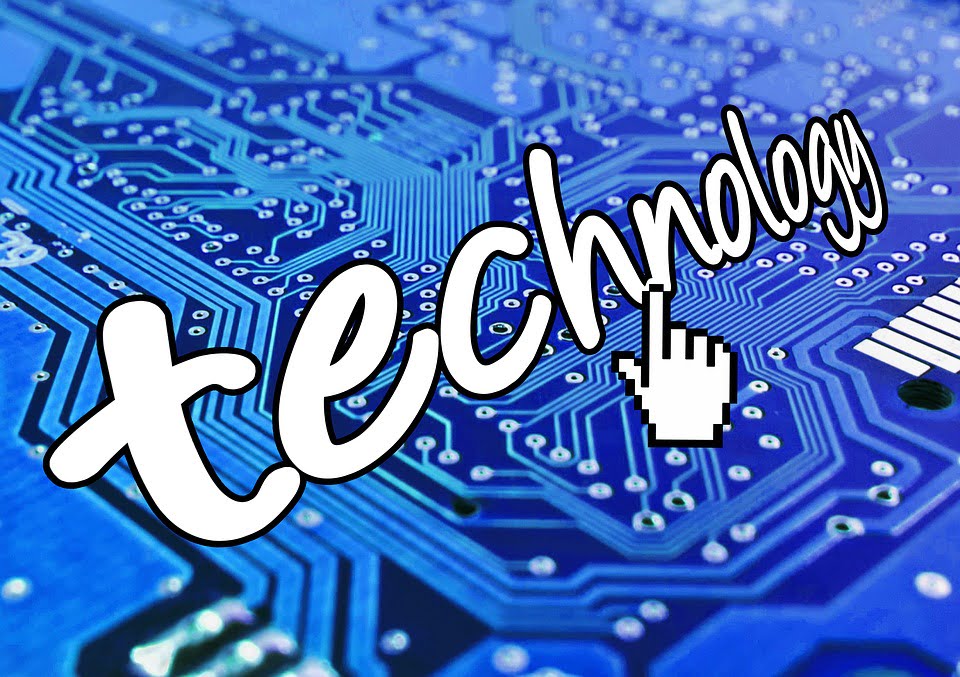
With the growing interest in entrepreneurship and small businesses, microloans have become a popular financing option for many young entrepreneurs. The idea behind a microloan is simple – enabling individuals to start or expand businesses that they might not be able to finance themselves. But before applying for a microloan, it is essential to understand the basics of this form of financing. In this article, we will provide you with a comprehensive guide on microloans(소액대출) and their benefits.
1. What are Microloans?
Microloans are small business loans given to individuals who are considered incapable of borrowing funds from banks or larger financial institutions. These loans are generally less than $50,000 and offer flexible conditions, making them an excellent alternative for new businesses attempting to start or developing businesses that need cash to expand.
2. Who is Eligible for Microloans?
The primary target of microloan lenders are individuals or businesses who may find it harder to get loans from mainstream lenders such as banks. This could be because of a lack of credit history, poor credit record, or assets that can be utilized as collateral. However, there are other criteria that vary between lenders, such as the purpose of the loan or current business performance.
3. Benefits of Microloans
There are several advantages to taking out a microloan, including:
– Flexibility- Lenders who offer microlending often have flexible repayment terms and schedules to accommodate small businesses’ unique situations.
– Access to funding – As earlier mentioned, individuals who may have been turned down by traditional lenders can still secure capital through microloan funding.
– Improved credit score – By taking out repayable microloans and paying them effectively, a borrower can improve their credit score.
– Coaching and Mentorship – Many microloan lenders provide extra resources to assist businesses to succeed. These resources may include training, coaching, or mentorship programs.
4. Microloan Types
There are several types of microloans, and each lender has different criteria. Some of the common microloans available include:
– Community microloans – This type of microloan targets firms in low-income areas to support local economic development.
– Social microloans – Social microloans are provided to borrowers specializing in social entrepreneurship in the community or developing countries.
– Peer-to-peer microloans – This type of microloan is provided through online platforms that connect lenders and borrowers.
– Self-help group microloans – This type of microloan targets women looking to start their own businesses and helps them develop the necessary skills while receiving funding.
5. How to Apply for a Microloan
Like other loan applications, selecting the right lender is essential when applying for a microloan. Fortunately, resources such as the Small Business Administration or CDFIs can help individuals find lenders that suit their business plans.
One important document to prepare when applying for a microloan is a business plan that outlines the business objectives and goals. Other documents required include financial statements, income tax returns, and financial projections.
Microloans are a valuable resource for entrepreneurs that find it harder to secure funds for their businesses from traditional lenders. With terms specific to small businesses, microloans offer a flexible solution to financing, better accessibility to funding, coaching, and mentorship. If you need financial assistance to start or grow your business and struggle to get traditional financing, microloans might just be the financing option you require.




